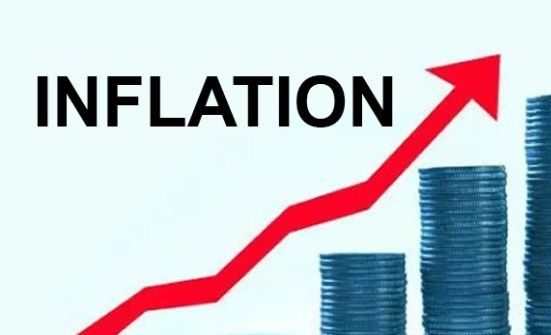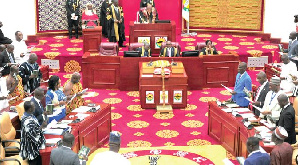Experts predict inflation rate to decline between 27%, 30% in 2025 due to rebasing

Economic analysts and industry experts anticipate that Nigeria’s inflation rate will moderate between 27% and 30% by the end of 2025, mainly due to the planned rebasing of the Consumer Price Index (CPI) and other macroeconomic factors.
However, this projection remains significantly higher than the 15.75% inflation rate assumption in the 2025 budget.
Despite expectations of a gradual decline, some experts expect that inflationary pressures will persist in the first half of 2025, given the already high cost of goods and services.
What experts are saying
Moyosore Onanuga, Head of Investments at AIICO – As of December 2024, Nigeria’s inflation rate stood at 34.80%, reflecting persistent inflationary pressures. In January 2024, the inflation rate was 29.90%, marking an 8.08% increase from the previous year. For January 2025, inflation is expected to remain high but show signs of moderation compared to 2024.
Using the current CPI, analysts project inflation to hover around 30.5% year-on-year, with a potential decline throughout the year, reaching approximately 27.1% by December 2025. This anticipated decline is attributed largely to the base effect given the already high prices as well as factors such as improved exchange rate stability, increased agricultural output leading to better food supply, the normalization of petrol prices. The CPI is expected to be rebased, however, so we could see significantly reduced inflation throughout the year if it is implemented in January. We could see inflation in the tens or low 20s at this rate.
Onyinyechi Onwubu, Investment Advisor at FCSL Asset Management – For our January 2025 inflation outlook, we expect the planned rebasing exercise to have been completed before the release of the CPI for January, as such it should be the rebased position using the 2024 base levels. Given this condition, we expect the CPI for January to be around 23% levels.
Olusegun Atere, Head of Corporate Finance at Apel – Elevated inflationary pressures are expected to persist through the first half of 2025. A gradual deceleration of price pressures is projected to begin in the third quarter (Q3 2025), mainly due to base effects. By the end of the year, inflation is anticipated to moderate to an average of 30%, influenced by ongoing monetary tightening, a relatively more stable naira compared to 2024, and expectations of increased food output supported by military assistance to farmers in certain food-producing regions of the country.
Key factors expected to drive inflation reduction in 2025
CPI rebasing: The CPI will be rebased from 2010 prices to 2024 prices, providing a more recent and realistic benchmark. This is expected to significantly reduce inflation, as price changes will be measured against more recent data.
Decline in food prices: Prices of essential food items typically drop in January after the festive period. A market survey by Nairametrics indicates a price decline in some food items such as pepper, onions, beans, and groundnut oil, among others.
Monetary tightening by CBN: The CBN’s hawkish stance on interest rates will continue in 2025 to curb inflation. The policy has been effective since the assumption of office by the new CBN governor.
Naira stabilization: The naira is expected to be more stable in 2025 compared to 2024, this is following that the CBN has addressed FX backlog issues, introduced a new FX Code, foreign reserves increased in 2024 and so on, all these could support currency stability.
Normalization of petrol prices: Nigeria’s reliance on imported petroleum products is expected to decline. Petroleum imports accounted for 39% of total imports over the past three years and 40% as of Q3 2024. Increased local refining capacity is set to reduce forex demand and contribute to overall economic stability.
Source: www.mnairametrics.com





